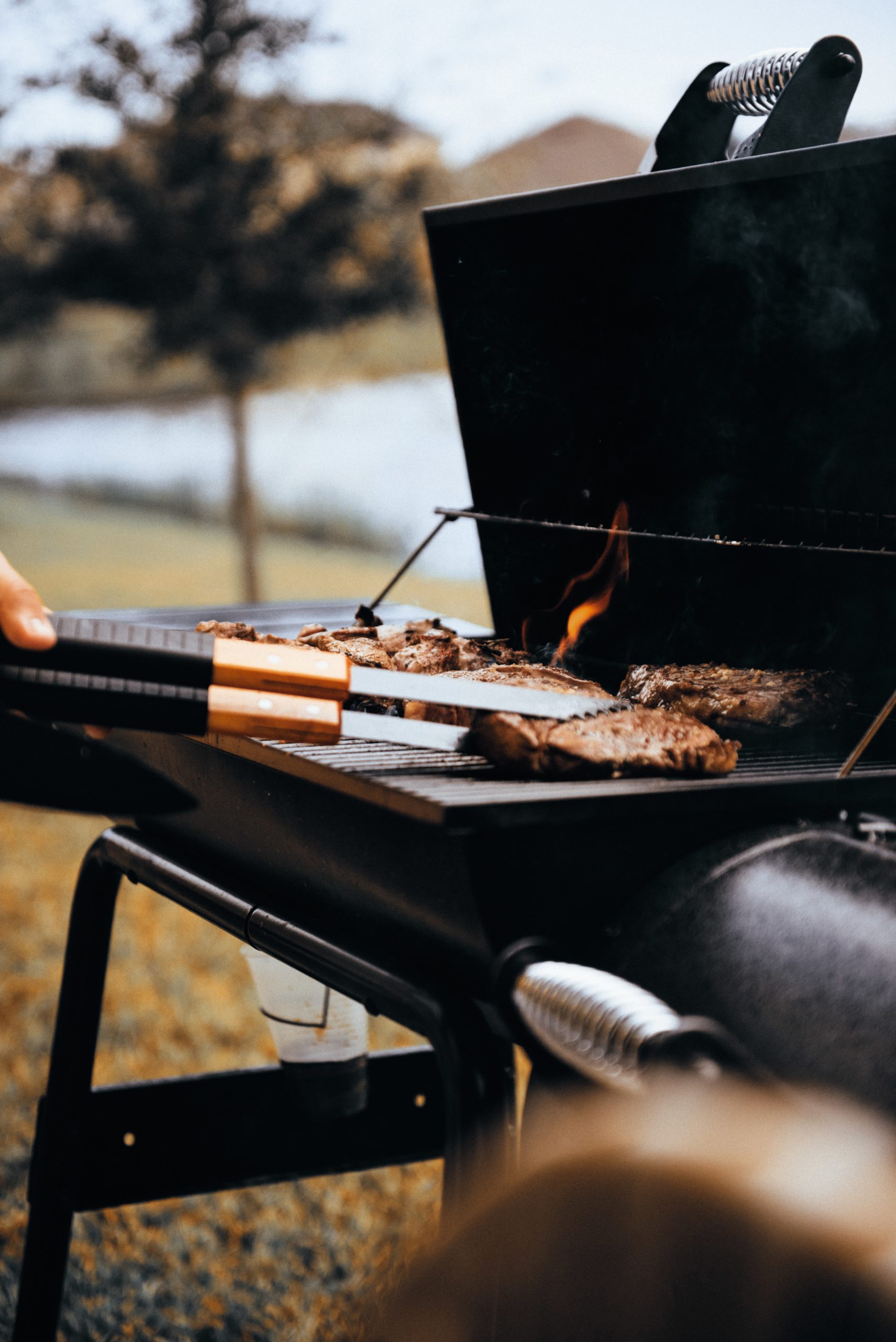The holidays are a time for celebration, family gatherings, and delicious meals. However, the festive season can also bring unique food-related risks that can turn joy into stress. By being aware of these common hazards and taking preventive measures, you can keep your loved ones safe and ensure the holidays are as enjoyable as they should be.
1. Food Poisoning and Foodborne Illnesses
Improper food handling and preparation can lead to serious illnesses. The risk is higher during the holidays due to:
- Cooking large quantities of food, which increases the likelihood of undercooking.
- Preparing food in advance and not storing or reheating it properly.
- Handling multiple dishes at once, heightening the chance of cross-contamination.
Prevention Tips:
- Follow the four rules of food safety: clean, separate, cook, and chill.
- Wash hands, utensils, and surfaces thoroughly and often.
- Use a food thermometer to ensure dishes reach the proper internal temperatures:
- Poultry and stuffing: 165°F
- Ground meats: 160°F
- Fish: 145°F
- Whole cuts of beef, pork, and lamb: 145°F (allow to rest for 3 minutes).
2. Choking Hazards
Choking incidents tend to rise during the holidays due to:
- Eating too quickly or taking large bites of food.
- Distracted eating caused by lively conversations and celebrations.
- Children accessing small foods or objects that pose choking risks.
Prevention Tips:
- Supervise young children during meals and keep small foods like nuts, hard candies, and grapes out of their reach.
- Encourage everyone to eat slowly and chew their food thoroughly.
- Create a calm and focused environment during mealtimes to minimize distractions.
3. Allergic Reactions
Food allergies can be especially dangerous during the holidays because:
- There’s often a wider variety of dishes served, some with hidden allergens.
- Ingredient lists may not be readily available, especially for homemade or catered items.
- Cross-contamination is more likely in busy kitchens.
Prevention Tips:
- If you’re hosting, ask your guests about food allergies in advance and plan your menu accordingly.
- Clearly label dishes with common allergens such as nuts, dairy, and gluten.
- If you have food allergies, don’t hesitate to inquire about ingredients before eating unfamiliar dishes.
4. Burns and Scalds
Cooking accidents, including burns and scalds, are common during holiday meal preparation. The main culprits include:
- Turkey fryers, which can reach extremely high temperatures.
- Hot dishes, pans, and pots handled during hectic cooking sessions.
Prevention Tips:
- Always follow safety instructions when using turkey fryers and never leave them unattended.
- Use oven mitts and pot holders to handle hot cookware safely.
- Keep children and pets out of the kitchen to reduce the risk of accidental burns.
5. Alcohol-Related Incidents
While not strictly food-related, alcohol consumption during the holidays can indirectly lead to accidents:
- Impaired judgment when using knives, hot cookware, or handling food.
- Increased risk of choking or other accidents during meals.
Prevention Tips:
- Drink responsibly, and avoid cooking if you’re impaired.
- Assign a sober individual to oversee food preparation and kitchen safety.
Enjoy a Safe Holiday Season
The holidays are meant to be a time of joy, connection, and delicious food. By staying mindful of these common hazards and taking simple precautions, you can prevent accidents and ensure a safe and memorable celebration for everyone. Remember, a little extra care in the kitchen and at the table can go a long way.
Stay safe, eat well, and happy holidays!




